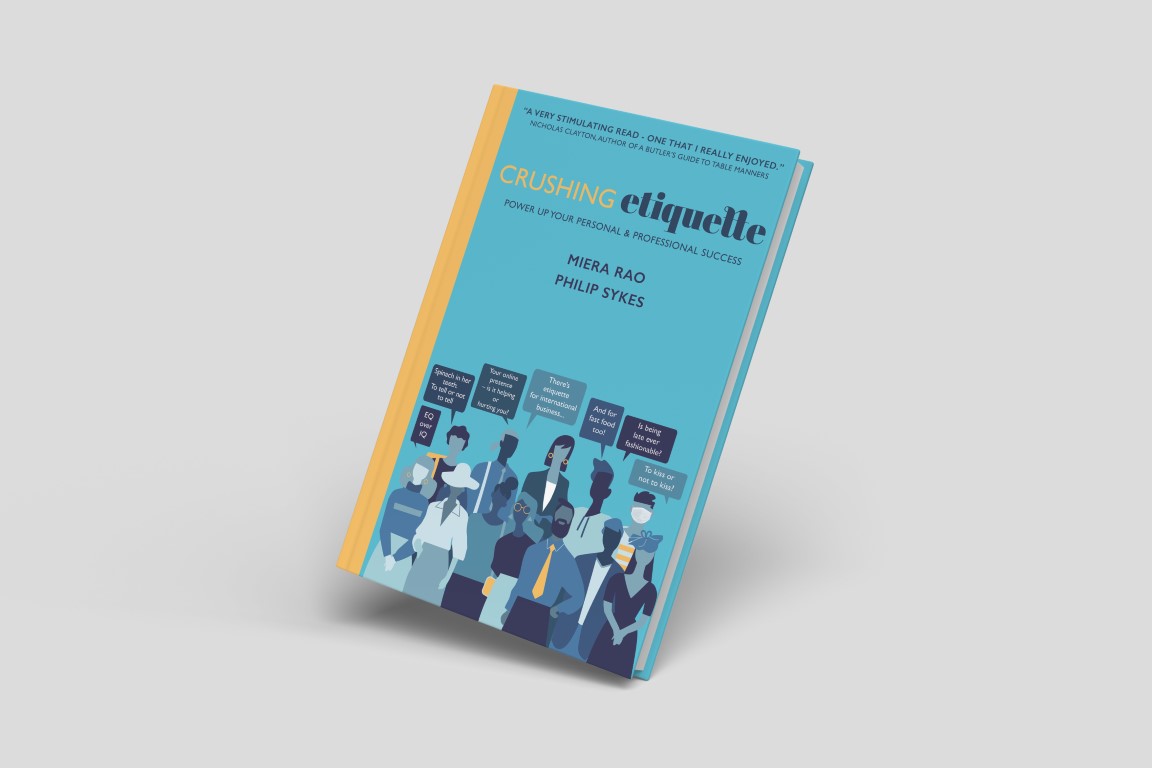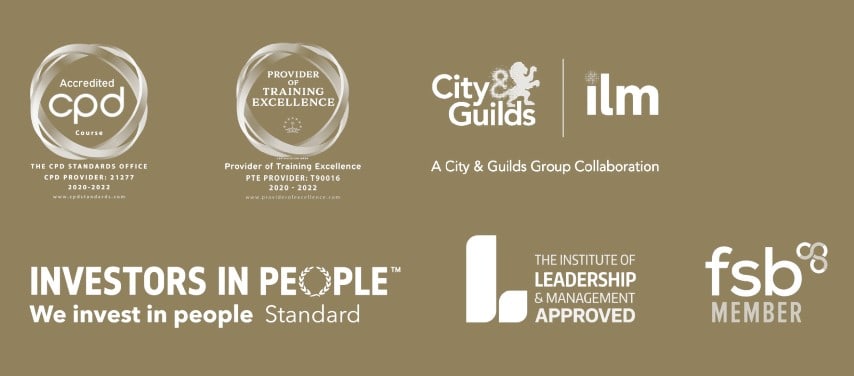Life as a teenager is not always easy. Not only do their hormones take them on an emotional rollercoaster ride, they are also searching for a sense of identity and striving for independence.
Unlike past generations, today’s teens also face an onslaught of mixed messages on social media. From celebrities showcasing their airbrushed, flawless bodies to motivational posts urging young people to “love yourself” and “embrace your inner perfection”, it can be hard for teenagers to distinguish the online world from the offline reality.
Add in peer pressure, exam stress and school worries, and it is no wonder that an increasing number of young people are suffering from stress, anxiety or depression. The good news is that it is never too late to develop the five traits teenagers need to be successful and happy.
Resilience
Resilience enables young people to navigate life’s ups and downs and retain a balanced perspective when faced with challenges. Resilient teenagers bounce back when things go wrong and are able to adapt when circumstances change.
As a parent, you cannot always protect your teenager from experiencing problems or tough times but resilience will help reduce the negative effects of stressful situations. It will give them the skills to regulate emotions, control impulses and cope better with exam and work pressures.
You can create a positive environment that fosters resilience by communicating some key messages at home:
- Difficult and challenging times are a normal part of life.
- Talk to someone about what is worrying you.
- Nobody is perfect. We all make mistakes.
- Try to find something positive about the situation.
- Take responsibility for your actions but do not ruminate about your mistakes.
Confidence
Not to be confused with arrogance, which is often rooted in insecurity, self-confidence means having a sense of trust in your own abilities, capacities and judgements. Confident people believe that they can successfully face day-to-day challenges and accomplish specific tasks.
Sadly, nearly half of all adolescents struggle with low confidence, especially in the early teenage years. When young people lack confidence they are less likely to join in activities and they may be more susceptible to peer pressure. This can quickly become a vicious circle where the reluctance to embrace challenges leads to a lack of resilience and an expectation of failure.
By encouraging teenagers to try new things and practice social skill such as good posture, smiling, making eye contact and joining in conversations, we can help them build confidence. When it comes to performance-related events such as exams, interviews or sports matches, it is important to focus on your teenager’s efforts rather than on the outcome.
Self-awareness
Teens who are self-aware are less likely to act on impulse and will instead approach and respond to situations in a deliberate and intentional manner.
A high level of self-awareness is essential for developing a strong foundation of behavioural, emotional and cognitive self-control. This will in turn enable young people to set long-term goals, develop a sense of “right and “wrong” and have confidence in their ability to make good decisions.
Here are a few suggestions to encourage teenagers to become more self-aware:
- Take a few moments every day to write in a journal. They can focus on things they are grateful for, their passions or simply reflect on their day.
- Finding a mentor can be a fantastic way to give your teen someone to learn from and aspire to be like. The mentor can be a relative, friend, sports coach or someone working in their desired career field.
- It is not always a good idea to gloss over mistakes. We all mess up sometimes and being aware of their weaknesses and areas that need improvement will help your teen develop and mature.
A Growth Mindset
Cultivating a growth mindset is the single most important thing a young person can do to achieve success. A growth mindset revolves around the belief that you can improve intelligence, ability and performance. The opposite, a fixed mindset, assumes that your character, intelligence and creative abilities are static and cannot be changed.
Teenagers with a growth mindset view failures as learning opportunities and a springboard for success. In contrast, those with a fixed mindset tend to dwell on perceived failures and judge themselves more harshly.
A growth mindset does not only help young people to achieve more, it can also reduce stress and anxiety and boost their self-esteem. In our coaching sessions for teenagers, we encourage them to develop a growth mindset by adopting these habits:
- View challenges as opportunities
- Acknowledge and embrace imperfections
- Choose their words and thoughts carefully
- Stop seeking approval from others
- Set goals and cultivate a sense of purpose
Empathy
The typical teenager might be self-absorbed but this doesn’t mean they lack empathy. The adolescent years are a huge journey of self-discovery and often it is a lack of confidence that holds young people back from engaging on an emotional level.
Social pressure may also discourage teenagers, especially boys, from showing emotions or responding to other people’s emotions. It is important to remember that sometimes teens put on an uncaring front when they are actually shy or unsure of the right thing to do.
Things that you can do to help teenagers develop empathy include:
- Talk about current events with your teen and ask them how they think the people involved might be feeling.
- Use fictional characters or plotlines in TV shows to start a conversation about different feelings and perspectives.
- Encourage them to put themselves in someone else’s place by asking questions like: “How would you like to be treated if you did not know anyone at the party?” or “If someone was unkind to you, how would you want your friends to respond?”
By focusing on positive outcomes and encouraging the behaviours that will get them there, a flourishing path will open up and lead to future success and happiness. Perhaps most importantly, try to remember what it was like to be a teenager. Ask yourself what kind of advice, modelling and encouragement would have helped you thrive in this period of intense growth and development.










